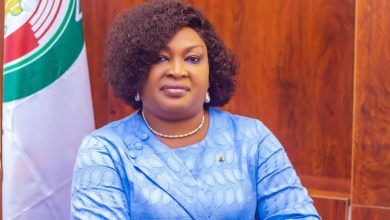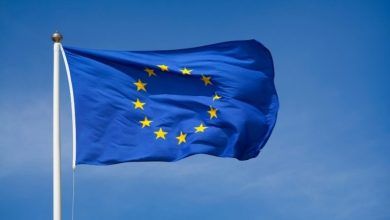Senegal: ECOWAS Parliament Moves To Call A Truce Following Elections Postponement

In an obvious move to de-escalate tensions in the region and work out a peace deal among contesting parties, the Parliament of the Economic Community of West African States (ECOWAS) has dispatched a high-level delegation, led by its Speaker, Sidie Mohamed Tunis to Senegal to address the nation’s simmering political crisis.
The peacemaking mission is most expedient following Senegal’s President, Macky Sall unilateral postponement of the country’s presidential elections by several months just weeks before the planned date of February 25 to December 15, sparking protests across a country already on edge from months of political tension
The ECOWAS delegation, comprising parliamentarians from across the region, will hold crucial meetings with Senegalese authorities, political actors, and civil society representatives during their three-day visit. Their primary objective is to facilitate dialogue, promote understanding, and encourage a peaceful return to the electoral process.
This mission underscores ECOWAS’ commitment to upholding regional peace and security enshrined in its core values. The Parliament’s proactive stance reflects the gravity of the situation and the potential ramifications for Senegal and the wider West African region.
Meanwhile, legal challenges against the election delay by opposition candidates add another layer of complexity to the already tense situation. The African Union (AU) has also weighed in, urging both the government and opposition to prioritize dialogue and seek a swift resolution through peaceful means.
With Senegal’s political landscape teetering on the brink, the ECOWAS Parliament’s intervention offers a glimmer of hope for a peaceful and democratic outcome. The success of their mission hinges on fostering genuine dialogue, addressing underlying grievances, and ensuring all stakeholders have a voice in shaping the nation’s future.
Tensions have been brewing in the country since December 2020, when the president made a comment that seemed to suggest he would run for a third term, which is not allowed under the constitution.
Sall’s supporters argued at the time that a review of the constitution (which changed the presidential term from seven to five years) had “reset” his terms.
The president was first elected in 2012 for seven years, and again in 2019 – this time for five years.





